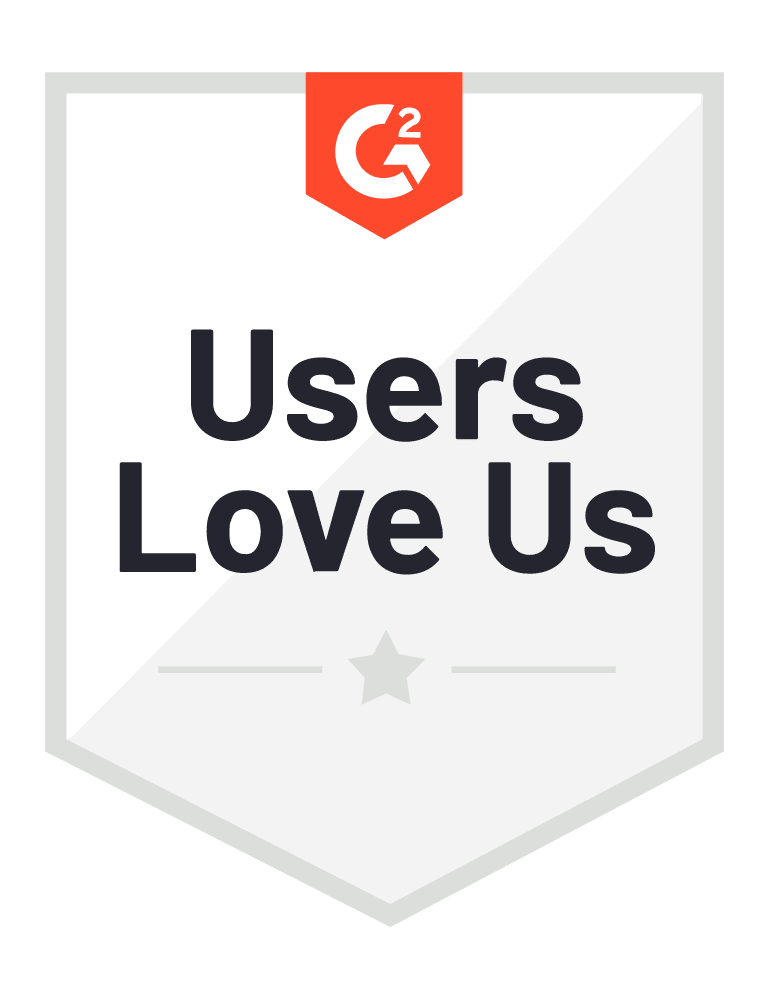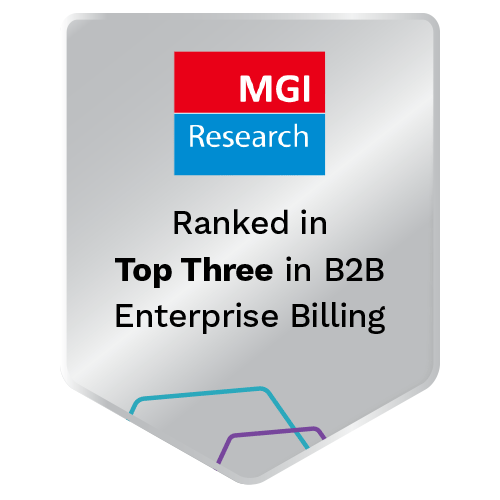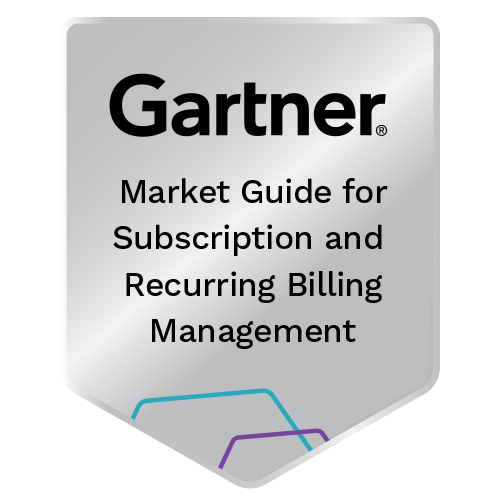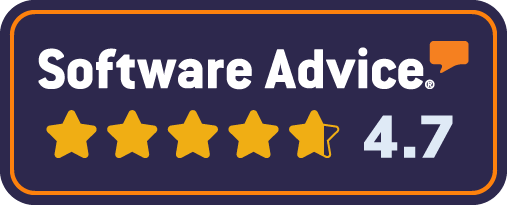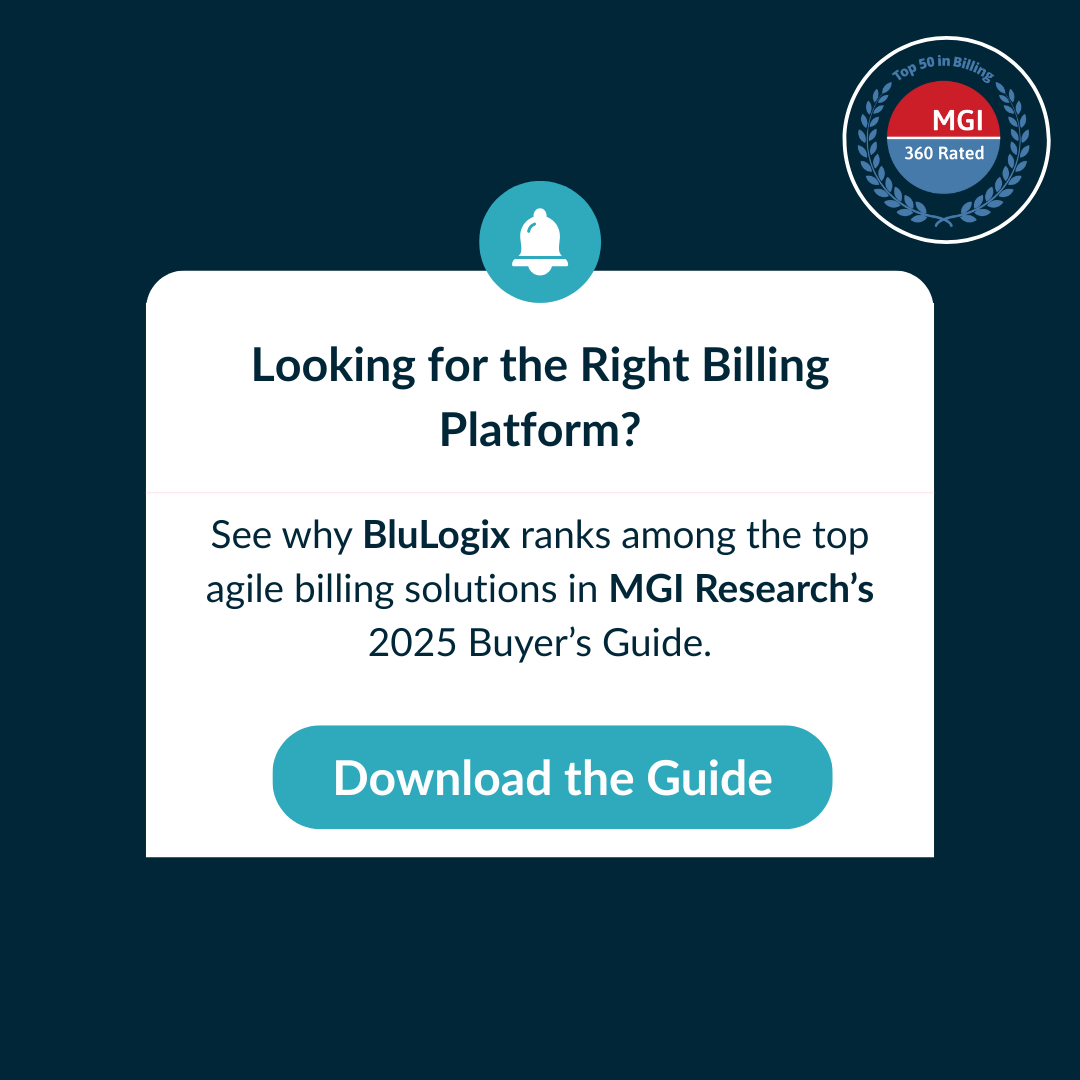Blulogix Whitepaper
The Monetization Framework for IT Services Providers: The Subscription Economy Version 2025
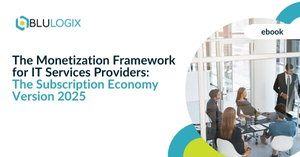
Table of Contents
Managed Services Providers (MSPs) and IT service providers are at a pivotal moment in their evolution. Whether you’re working in UCaaS, CPaaS, CCaaS, or another data driven business subscription model, the rapid growth of the subscription economy has brought about significant opportunities, with unique challenges. This whitepaper explores these challenges and presents a framework to overcome them. We delve into the complexities of pricing models, operational inefficiencies, partner management, scaling issues, data integration, revenue assurance, and analytics, and propose practical solutions that can help IT service providers thrive in a rapidly evolving market landscape.
The Challenges of Monetization in the Subscription Economy
In today’s subscription-based economy, MSPs and IT service providers face a complex array of challenges in their monetization efforts. As the industry evolves toward diverse pricing models, increased automation, and global scalability, service providers must adapt to meet these new demands. Let’s explore the primary challenges that MSPs are facing and examine the steps they can take to build a successful monetization strategy.
Complex Pricing Models
Challenge: The subscription economy demands flexibility in how services are priced and delivered. MSPs often find themselves dealing with a wide range of pricing models, including subscription, consumption-based, hybrid, and tiered structures. The complexity is amplified when bundling different services or catering to the unique needs of various clients. Managing these diverse pricing models and ensuring accurate billing is a daunting task that requires a robust approach.
To remain competitive, MSPs need to be able to offer flexibility in pricing that matches the diverse needs of their customers. Customers are demanding more personalized and customizable service offerings, which means that the ability to support different pricing structures is essential. The rise of consumption-based models, in particular, has added an additional layer of complexity, as it requires precise tracking of usage data and the ability to translate that data into accurate billing.
The challenge is further compounded by the need to bundle different services—often from different vendors—into cohesive packages that meet customer demands. This bundling requires careful configuration to ensure that each service is accurately priced and billed according to the customer agreement. Without the right tools, this process becomes labor-intensive, prone to errors, and ultimately unsustainable.
Solution: A flexible pricing engine is essential to support a variety of pricing models. The ideal solution would allow MSPs to easily configure, manage, and automate recurring and usage-based pricing, ensuring flexibility and scalability without losing control over pricing accuracy. This flexibility empowers MSPs to adapt to evolving customer needs and capture value through diverse pricing options.
A flexible pricing engine should also support bundling, allowing MSPs to package services together and offer discounts or tiered pricing based on customer contracts. Automation is critical to ensure that the billing process remains efficient and error-free, even as pricing models become more complex. By automating pricing and billing, MSPs can focus on delivering value to customers rather than getting bogged down by administrative tasks.
Manual Processes and Inefficiencies
Challenge: Manual processes continue to plague the monetization efforts of many MSPs. Tasks like data aggregation, invoicing, and financial reconciliation are often still managed through outdated, labor-intensive processes. These inefficiencies not only create the potential for human error but also lead to increased operational costs, hindering the organization’s ability to grow and innovate.
The reliance on manual processes also impacts the customer experience. Customers today expect timely and accurate billing, as well as transparency in how their usage is measured and billed. Manual processes introduce delays and errors, which can lead to customer dissatisfaction and even lost revenue. Additionally, the administrative burden of managing these processes diverts resources away from strategic initiatives that could help the business grow.
Solution: Automating key processes like billing, provisioning, and service activation can significantly reduce operational bottlenecks and minimize errors. By incorporating advanced process automation capabilities, MSPs can streamline operations, improve service accuracy, and reduce costs. Automation frees up valuable time, allowing teams to focus on value-driven activities that contribute directly to business growth.
Advanced automation tools can handle everything from data aggregation to invoicing, ensuring that each step of the monetization process is accurate and efficient. By integrating automation into their operations, MSPs can reduce the risk of human error, accelerate billing cycles, and enhance the overall customer experience. Moreover, automation can help MSPs scale their operations without the need to hire additional staff, making it a cost-effective solution for growing businesses.
Difficulty in Managing Multi-Tier Channels
Challenge: Many MSPs and IT service providers operate in multi-tiered channel environments, which creates significant complexity in managing partner relationships, commissions, pricing, and billing across different partner levels. Handling these relationships effectively is crucial for scaling and expanding a service-based business.
Multi-tier channel environments often involve multiple partners, each with their own pricing agreements, service offerings, and commission structures. This complexity makes it challenging to ensure that each partner is accurately compensated and that services are billed correctly. Without a centralized system to manage these relationships, MSPs can quickly become overwhelmed by the administrative burden of managing partner contracts, tracking commissions, and ensuring accurate billing.
Solution: A robust channel management platform that supports multi-tier functionality is key to overcoming this challenge. By implementing a centralized partner management system, MSPs can automate billing for channel partners, streamline pricing, and support real-time commissioning. This approach reduces the administrative burden and helps MSPs efficiently manage their extended partner ecosystem, ensuring profitability at each level.
A centralized partner management platform should provide visibility into partner performance, allowing MSPs to track key metrics such as revenue generated, commissions owed, and partner satisfaction. By providing partners with a self-service portal, MSPs can also improve the partner experience, allowing them to access information, view reports, and manage their accounts in real-time. This transparency helps to build trust and strengthen partner relationships, which is essential for long-term success.
Scaling and Supporting Growth
Challenge: When MSPs scale into new regions, they often encounter barriers that their existing billing systems struggle to handle. Challenges such as supporting new currencies, adhering to regional regulations, and managing multiple tax jurisdictions make scaling an arduous and time-consuming process.
Scaling requires MSPs to adapt their monetization processes to meet the unique needs of different markets. This includes supporting different currencies, managing tax compliance, and adhering to local regulations. Without the right infrastructure in place, scaling can become a complex and resource-intensive process that hampers growth and limits the ability to expand into new markets.
Solution: Monetization platforms that support global operations are essential for MSPs looking to scale. Features like multi-currency support, region-specific tax compliance, and the ability to manage complex billing requirements across multiple jurisdictions are vital components of a successful monetization strategy. MSPs need tools that can adapt quickly to new requirements and scale alongside their expanding service offerings.
A monetization platform should also support localization, allowing MSPs to tailor their offerings to meet the unique needs of each market. This includes customizing pricing, billing, and communications to align with local preferences and regulations. By adopting a flexible and scalable monetization platform, MSPs can overcome the barriers to growth and expand into new markets with confidence.
Disconnected Data Sources
Challenge: Effective monetization requires seamless data flow across different systems—including CRM, ERP, provisioning tools, and more. Unfortunately, many MSPs struggle with data silos, where information is disconnected and inconsistent, leading to inefficiencies and a lack of visibility across the business.
Disconnected data sources make it difficult for MSPs to gain a holistic view of their business operations. Without a unified data platform, key information is often stored in disparate systems, making it challenging to track service usage, manage customer accounts, and generate accurate invoices. This lack of visibility not only impacts internal efficiency but also affects the customer experience, as customers may receive inaccurate bills or face delays in service provisioning.
Solution: A connected data platform that integrates key business systems and provides advanced data staging and mediation capabilities is crucial for effective monetization. Such a solution can unify data from various sources, ensure consistency, and deliver actionable insights. A connected approach reduces manual reconciliation, improves service delivery, and provides MSPs with a real-time view of their business, driving better decision-making.
By integrating data from multiple systems, MSPs can gain a comprehensive view of their operations, enabling them to make informed decisions and identify new opportunities for growth. Advanced data mediation tools can also help to validate and normalize data, ensuring that all information is accurate and consistent. This level of integration is essential for delivering a seamless customer experience and optimizing internal processes.
Revenue Leakage
Challenge: Revenue leakage remains a major concern for MSPs. Inaccurate usage data collection, improper invoicing, and inconsistencies in service provisioning lead to missed revenue opportunities. Ensuring that customers are accurately billed for what they consume is crucial to maximizing revenue.
Revenue leakage can occur at various points in the monetization process, from inaccurate data collection to errors in billing and invoicing. Without the right tools and processes in place, MSPs risk underbilling customers or failing to capture all billable usage, leading to significant revenue losses. Addressing revenue leakage is essential for ensuring the financial health of the business and maximizing profitability.
Solution: Addressing revenue leakage begins with the accurate collection, validation, and billing of service usage. Advanced data staging, rating, and mediation capabilities help ensure that all service usage is tracked and invoiced correctly. This accuracy reduces the potential for revenue leakage and ensures that MSPs capture the full value of the services they provide.
Implementing automated usage tracking and billing systems can help MSPs eliminate manual errors and ensure that all billable activities are accurately captured. By integrating usage data with billing systems, MSPs can generate invoices that reflect actual usage, reducing the risk of underbilling and ensuring that customers are charged correctly. Additionally, real-time monitoring and reporting tools can help MSPs identify potential revenue leakage points and take corrective action before they impact the bottom line.
Lack of Real-Time Analytics for Strategic Decision Making
Challenge: To stay competitive in the subscription economy, MSPs must have access to detailed insights that help them understand customer behavior, service utilization, and profitability. Unfortunately, traditional billing systems often lack the advanced analytics capabilities needed to provide these insights, hindering strategic decision-making.
Without real-time analytics, MSPs are forced to rely on outdated or incomplete information when making strategic decisions. This lack of visibility can lead to missed opportunities, as MSPs may be unable to identify trends, anticipate customer needs, or respond to changes in the market. Advanced analytics are essential for understanding customer behavior, optimizing service offerings, and driving growth in a competitive market.
Solution: Advanced reporting and real-time analytics provide deep insights into financial performance, service usage, customer behavior, and profitability. By leveraging dynamic reporting tools, MSPs can make data-driven decisions that support growth, identify new revenue opportunities, and optimize customer relationships. Analytics empowers decision-makers to act proactively, rather than reactively, enhancing the overall customer experience and ensuring that strategic opportunities are capitalized upon.
Real-time analytics can also help MSPs identify areas of inefficiency, allowing them to optimize operations and improve profitability. By gaining a clear understanding of customer behavior and service utilization, MSPs can tailor their offerings to meet customer needs and drive higher levels of satisfaction. Advanced analytics tools should be integrated with other business systems to provide a comprehensive view of the business and support strategic decision-making at all levels of the organization.
Increasing Consumption Billing Challenges
Challenge: Consumption-based billing models are becoming increasingly popular as customers demand greater flexibility and pay-as-you-go options. However, the intricacies involved in implementing consumption billing present significant challenges for MSPs. These challenges include accurately tracking usage, managing fluctuating billing amounts, and ensuring that customers understand their billing statements.
Consumption billing requires real-time usage data collection, which needs to be accurate and consistently available. Any discrepancy in data can lead to billing disputes and customer dissatisfaction. Moreover, managing fluctuating billing amounts due to varying levels of usage can create unpredictability in revenue streams, making it challenging for MSPs to forecast revenue and manage cash flow.
Another complexity lies in making the billing process transparent to customers. Customers need to understand exactly how their charges are calculated based on their usage, which requires clear communication and detailed billing statements. Without this transparency, customers may feel confused or frustrated, which can lead to a poor customer experience and increased churn.
Solution: Implementing a robust consumption billing system is essential to address the intricacies involved in this billing model. A comprehensive consumption billing solution should include real-time usage tracking to ensure accurate billing and avoid disputes. Automated usage rating capabilities can help MSPs handle complex pricing calculations based on different usage tiers or thresholds, reducing manual intervention and ensuring consistent accuracy.
To manage fluctuating billing amounts, MSPs should adopt predictive analytics tools that provide insights into customer usage patterns. These insights can help MSPs forecast revenue more accurately and prepare for periods of high or low usage. Additionally, providing customers with access to real-time usage dashboards can increase transparency and help them understand their consumption and corresponding charges, leading to increased trust and satisfaction.
Clear and detailed billing statements are also crucial for improving the customer experience. By providing itemized billing that clearly outlines each charge, MSPs can reduce confusion and build stronger customer relationships. The ability to offer proactive notifications, such as alerts when customers approach usage thresholds, can further enhance customer satisfaction and help avoid unexpected billing surprises.
Building a Monetization Framework for Future Success
The challenges outlined above demonstrate the critical areas where MSPs need to transform their monetization processes to remain competitive in the subscription economy of 2025. Addressing these challenges requires the adoption of modern solutions that offer flexibility, scalability, integration, and automation capabilities. By adopting a comprehensive monetization framework, MSPs can turn operational complexity into a competitive advantage, drive revenue growth, and deliver more value to their customers.
A successful monetization framework should include a flexible pricing engine that supports a variety of pricing models, an automated billing and provisioning system that reduces manual processes, a centralized partner management platform that supports multi-tier channel environments, and a connected data platform that integrates key business systems. Additionally, MSPs need advanced analytics tools that provide real-time insights and support data-driven decision-making.
By building a monetization framework that addresses these key areas, MSPs can overcome the challenges of the subscription economy and position themselves for long-term success. The right framework will enable MSPs to scale their operations, optimize internal processes, and deliver a superior customer experience, all while maximizing revenue and profitability.
Conclusion
The subscription economy continues to reshape the IT services landscape, requiring MSPs to rethink how they monetize their offerings. The right combination of flexible pricing, automation, integrated systems, and advanced analytics is key to thriving in this dynamic environment. By addressing key challenges like complex pricing models, manual processes, multi-tier channel management, scaling issues, disconnected data, revenue leakage, and lack of analytics, MSPs can build a robust monetization framework that positions them for success in 2025 and beyond.
To remain competitive, MSPs must embrace change, leverage new technologies, and adopt solutions that enhance their ability to innovate and adapt. By doing so, they can successfully navigate the subscription economy and drive sustained growth and profitability.
The journey to successful monetization is not without its challenges, but with the right tools and strategies in place, MSPs can turn those challenges into opportunities. By focusing on flexibility, automation, integration, and analytics, MSPs can create a monetization framework that supports growth, drives efficiency, and delivers value to both their customers and their bottom line.
Reviews

Michael R.
President, Allnet Air Inc. - Telecommunications
Best Outsourced Billing for Mobility

Karen R.
Manager, Cloud Billing - Computer Software
BluLogix has been a great partner.
“Over the last several years, I have seen continual enhancements and additions to the platform. BluLogix has created a comprehensive solution for users. They provide great communication regarding upgrades and address concerns thoroughly and timely.”

Sara K.
Marketing, Graphic Design & Social Media Management - Marketing and Advertising
Fantastic platform. Recommend!
Industry Leaders
Reviews

Michael R.
President, Allnet Air Inc. - Telecommunications
Best Outsourced Billing for Mobility

Karen R.
Manager, Cloud Billing - Computer Software
BluLogix has been a great partner.
“Over the last several years, I have seen continual enhancements and additions to the platform. BluLogix has created a comprehensive solution for users. They provide great communication regarding upgrades and address concerns thoroughly and timely.”

Sara K.
Marketing, Graphic Design & Social Media Management - Marketing and Advertising
Fantastic platform. Recommend!

